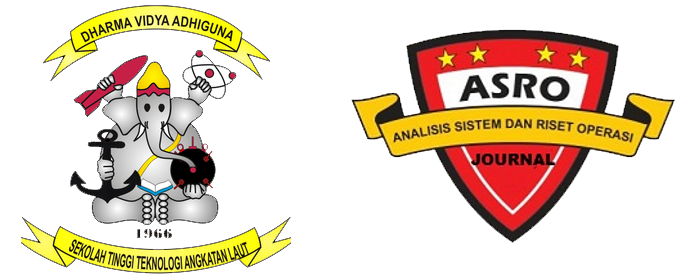UNLOCKING THE POTENTIAL OF SEAWEED AQUACULTURE IN INDONESIA’S BLUE ECONOMY: OPPORTUNITIES AND CHALLENGES
Keywords:
Blue economy, Renewable Energy, Seaweed aquacultureAbstract
Seaweed, or macroalgae, is a vital maritime biological resource with significant potential for aquaculture. Easily found in tropical maritime ecosystems, particularly near the equator in regions like Indonesia, seaweed plays a fundamental role in marine ecosystems. Positioned at the base of the oceanic food chain, it relies solely on sunlight to produce energy. Seaweed contributes positively to environmental health by absorbing carbon dioxide for photosynthesis and releasing oxygen, essential for human respiration. Beyond environmental benefits, seaweed is also an excellent source of protein. Research has shown that even a small amount of seaweed contains substantial protein, making it a promising nutritional resource for maintaining health and physical fitness. Economically, seaweed aquaculture offers a reliable source of income, particularly for coastal communities in Indonesia, where many livelihoods depend on the sea. This industry helps stabilize the region, offering economic security that can reduce negative activities such as piracy and robbery. To maximize the benefits of seaweed aquaculture, effective management is essential. This includes innovative cultivation methods, high-quality seed availability, and strategic regulation of the seaweed value chain to balance supply and demand. With the government’s support in managing influencers and stakeholders in the seaweed production chain, this industry has the potential to become a staple of Indonesia's economy, transforming from an emerging industry into a primary economic resource.
Keywords: Blue economy, Renewable Energy, Seaweed aquaculture
Downloads
Published
Issue
Section
License

This work is licensed under a Creative Commons Attribution-NonCommercial-NoDerivatives 4.0 International License.



